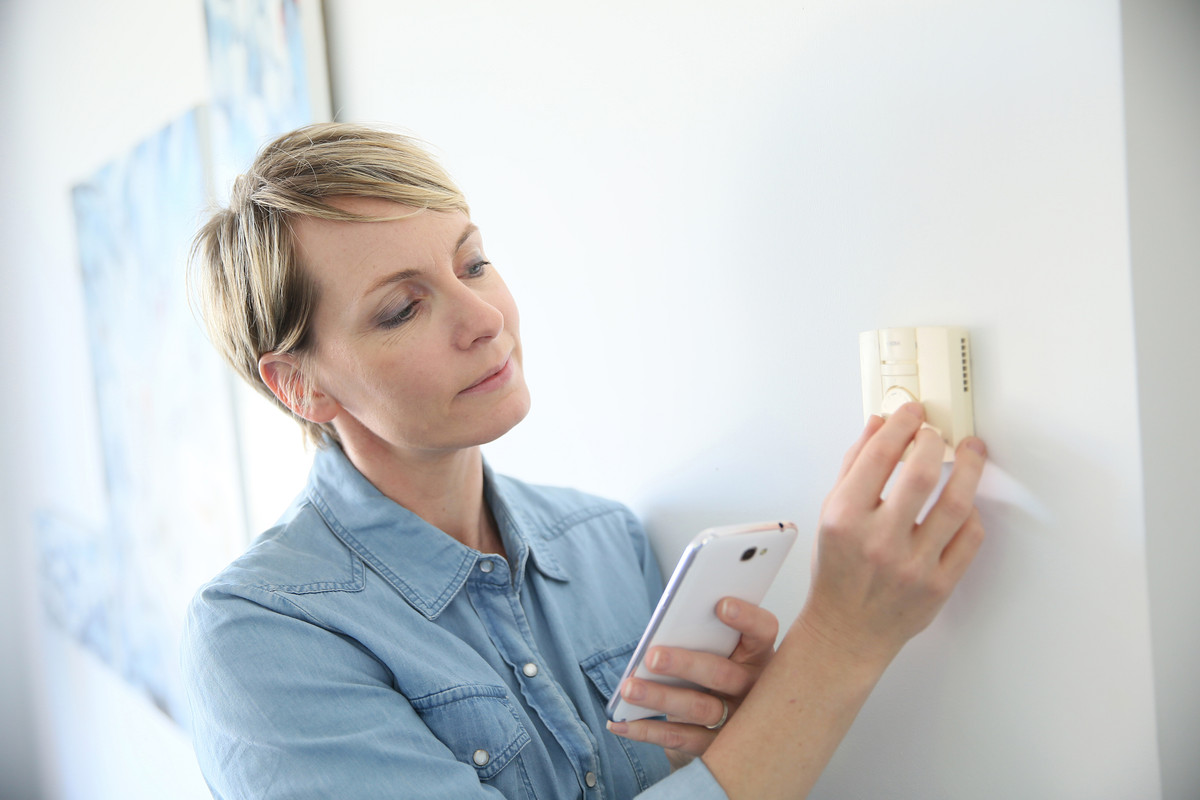
Do not let your Air Conditioning blow your cash away. Use these tips and pay less to cool your home this summer season.
Running the cooling can make an electrical power costs skyrocket, but the option isn't quite, either. Luckily, there are a few manner ins which you can assist your air conditioner run better and conserve you money as the summertime progress.
Stopped cooling the community
If your house isn't brand name new, the cold air inside it is probably permeating out into the neighborhood through worn windows and door seals, a poorly insulated attic and other sly fractures.
To see how well your house is keeping in the cold, sign up for a home energy audit with your energy supplier or a regional contractor. A qualified house energy rater or auditor will examine your house for leaks and advise the very best method to make your house more energy efficient.
Don't desire to spring for an audit? Do a mini-audit yourself. Stand outside your home and run your hand along doors and windows. Can you feel the cold air leaving? If you do, caulk around leaking windows and add insulation around doors.
Make an upgrade
If you haven't updated to a wise thermostat-- such as Ecobee, Lyric, Lux or Nest-- it's time to make a change. Smart thermostats can manage heating and cooling when you're not air conditioning repair edmonton ab house to conserve money. Plus, you can adjust the settings from another location utilizing an app on your phone. Some even work with Amazon Alexa, Samsung SmartThings, Apple HomeKit,
Wink, Google Home and other smart house platforms. Here are the best clever thermostats of 2017 to assist you make the best choice for your house.
Make sure your thermostat is on the right wall
Thermostat placement can play a huge part in how well your a/c unit works. If you put it on a wall right next to a hot window, for example, your ac system will kick on a lot more frequently than it requires to since it will believe the space is hotter than it really is. Here's how to choose the perfect wall for your thermostat.
Close the blinds
A window letting in the hot sun won't just heat up your thermostat, it'll warm you up too. Throughout the hottest part of the day, close your window blinds and keep out the sun. It can likewise assist insulate your windows, which stops the cold air from leaving.
In some cases you do not need to amp up the thermostat to feel cooler. According to the National Resource Defense Council (NRDC), using a ceiling fan can make a space feel 10 degrees cooler and uses 10 percent of the energy of a central air conditioning conditioner.
If you desire to get state-of-the-art, you can install wise ceiling fans that connect to an app. You can set up the times when these fans switch on and off, and you can manage their speed without standing on your tiptoes.
Raise the temperature level
Lots of people think that leaving the air conditioning system at the same temperature when you leave your home conserves money because the A/C won't need to work as tough to recool the house. This isn't the case. NRDC senior energy policy advocate Lauren Urbanek states that the most economical way to utilize your a/c is to turn the thermostat up when you leave your house.
A/c systems operate most effectively at complete speed throughout longer time periods. So kicking it on a lower temperature when you get house will save you more money than the Air Conditioner biking on and off while you're away.
A programmable thermostat can make it very easy to keep your Air Conditioning at the right temperature level. You can program the system to work at higher temperature levels while you're at work and cool down right before you get home.
Setting low is a no-go
Constantly set your thermostat to the greatest temperature level you can stand to conserve the most cash. Even a small change in the temperature can conserve you huge dollars.
You can save 10 percent a year on your cooling costs by setting your thermostat simply 10 to 15 degrees greater for eight hours every day, according to the Nebraska Energy Office. The United States Department of Energy recommends going for an indoor temperature of 78 degrees F when you're at home.